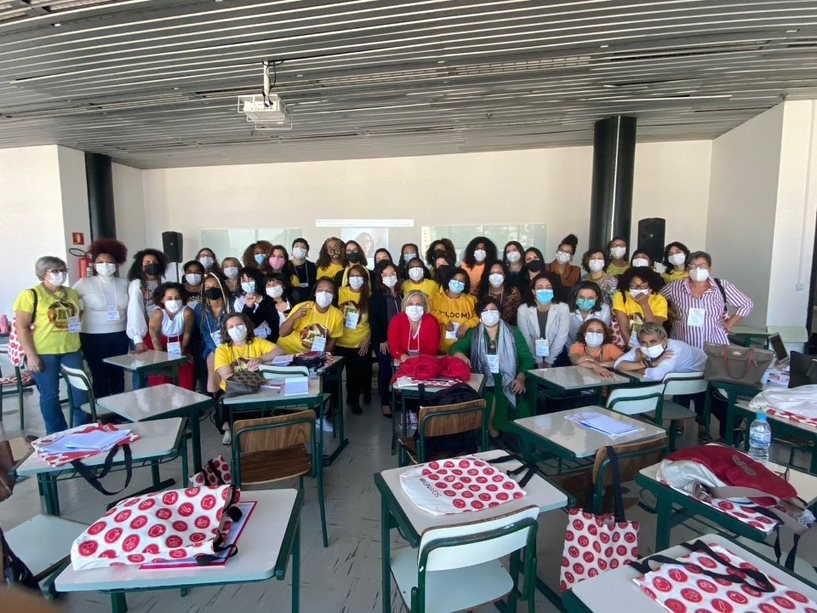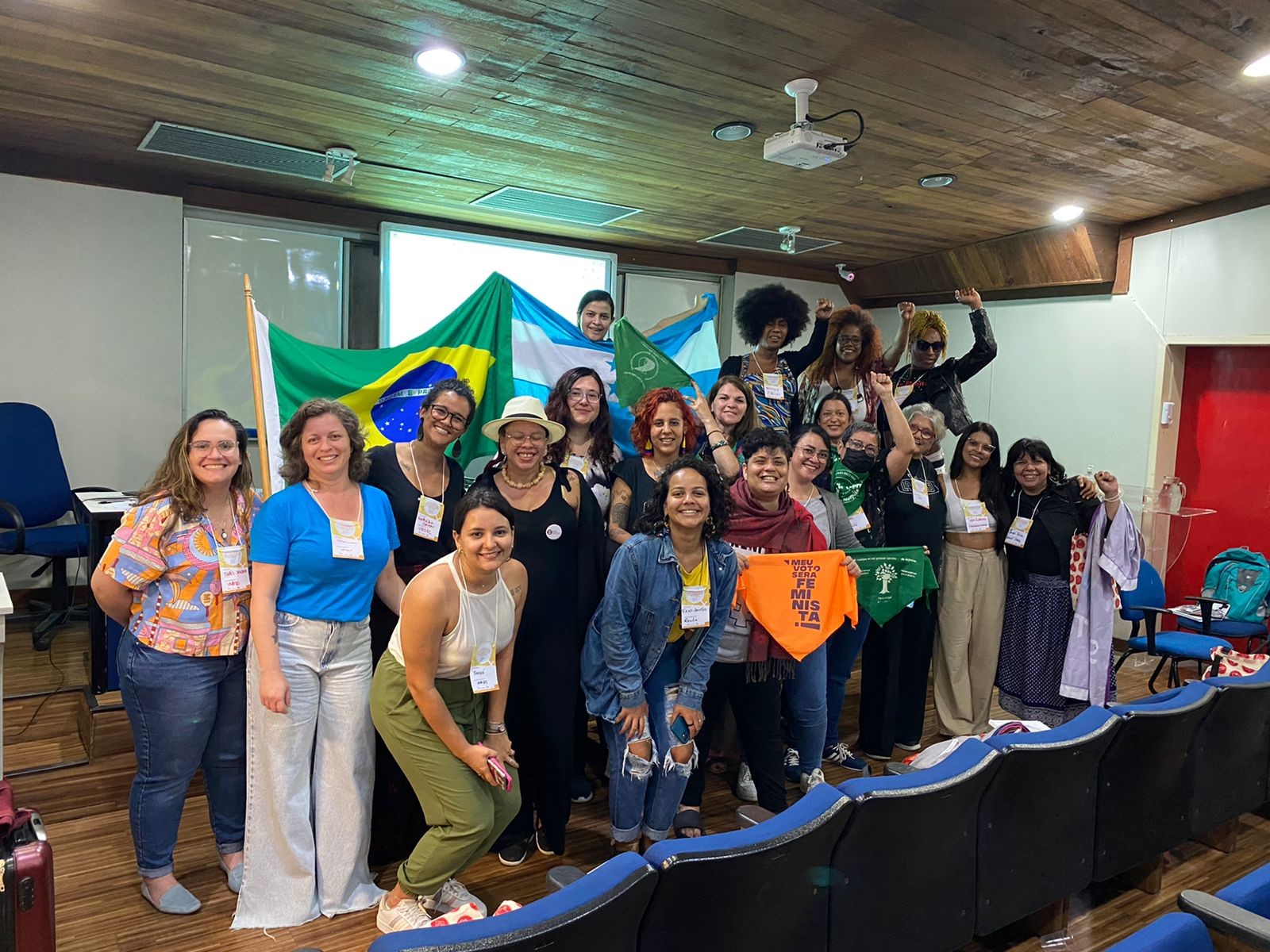
Brasília, 1 December, 2022 - The United Nations Office on Drugs and Crime (UNODC) Brazil, as co-sponsor of the Joint United Nations Programme on HIV/AIDS (UNAIDS) and the UNODC global HIV programme, supports countries to achieve universal access to HIV prevention, treatment, care and support among people who use drugs and for comprehensive HIV services for people in prisons.
In this context, in 2022, UNODC has undertaken two actions targeting women who use drugs at national and regional level for Latin America and the Caribbean. In the first opportunity, in a meeting held at the Federal University of São Paulo (Unifesp), between 27 and 30 June, in Santos (SP), women leaders of social movements, the academic community, public management and international organizations were invited to discuss the barriers faced by women to access the network of services, especially those focused on HIV care.
The debate focused on aspects also covered by the new annual report of the Joint United Nations Programme on HIV/AIDS (UNAIDS) for World AIDS Day: Dangerous Inequalities, released last 29 November, which brought an important warning: inequalities are the biggest barriers to the end of the AIDS pandemic worldwide.
"In a country as broad as Brazil, we must be attentive to women who face intersections of vulnerabilities so that they are not left behind. Among them, women who use alcohol and other drugs, so that they can have broad access to services and the appropriate support to their needs and be included in HIV-related decision-making," explains the UNODC liaison officer in Brazil, Nara de Araújo.

Subsequently, in order to broaden the discussion at the regional level to the context of Latin America and the Caribbean, UNODC Brazil, in partnership with the Oswaldo Cruz Foundation (Fiocruz), UNAIDS and the Brazilian Platform on Drug Policy, held the Regional Meeting on Combined HIV Prevention and Care Lines for Women who use drugs, in the city of Rio de Janeiro (RJ), on 26 and 27 September 2022.
The occasion brought together 24 women from 8 Latin American countries, active in the harm reduction movement and actions for people who use drugs. Again, the goal was to provide a debate among civil society, service professionals, the academic community and public management about the access barriers faced by women who use drugs, based on the nationally organized agenda.
"Women correspond to 20% of the estimated world's drug users. They are more vulnerable to acquiring HIV and other viral infections due to gender-based violence, stigma and discrimination. The prevalence of gender-based violence in women who use drugs is two to five times higher than the prevalence among women who do not use drugs," said Elena Abbati, UNODC representative in Brazil.
Check out for more information: https://www.unodc.org/unodc/en/hiv-aids/new/index.html.